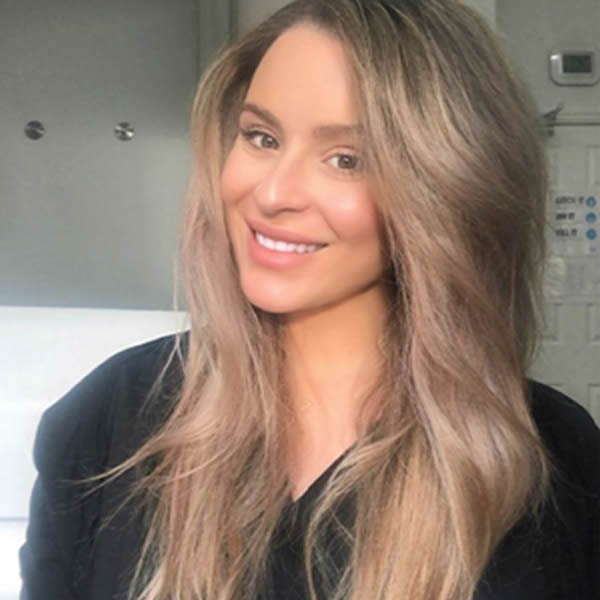Going through Change Menopause Problems
Menopause is time in a woman’s life when her periods (menstruation) eventually stop and the body goes through changes that no longer allow her to get pregnant. It is a natural event that normally occurs in women age 45 – 55. During menopause, a woman’s ovaries stop making eggs and they produce less oestrogen and progesterone. Changes in these hormones cause menopause symptoms. Periods occur less often and eventually stop. Sometimes this happens suddenly. But most of the time, periods slowly stop over time.Menopause is complete when you have not had a period for 1 year. This is called postmenopause. Women who are post -menopausal can no longer get pregnant. Medical menopause is when medical treatments cause a drop in oestrogen. This can happen if your ovaries are removed, or if you receive chemotherapy or hormone therapy for breast cancer.
Symptoms
Symptoms vary from woman to woman. They may last 5 or more years. S ome women may have worse symptoms than others. Symptoms of medical menopause can be more severe and start more suddenly. The first thing you may notice is that your periods start to change. They might occur more often or less often. Some women might get their period every 3 weeks. This might last for 1-3 years before the periods completely stop. Common symptoms of menopause include:
- Menstrual periods that occur less often and eventually stop
- Heart pounding or racing – Awarenss of heartbeat (palpitations
- Hot flashes, usually worst during the first 1-2 years
- Night sweats
- Skin flushing
- Sleeping problems (insomnia)
Other symptoms of menopause may include:
- Decreased interest in sex, possibly decreased response to sexual stimulation
- Forgetfulness (in some women)
- Headaches
- Mood swings including irritability, depression, and anxiety
- Urine leakage
- Vaginal dryness and painful sexual intercourse
- Vaginal infections
- Joint aches and pains
Signs and tests
Blood and urine tests can be used to look for changes in hormone levels. Test results can help to determine if you are close to menopause or if you have already gone through menopause.
Tests that may be done include: 1) Oestradiol – oestrogen level 2) FSH – Follicle Stimulating Hormome – produced by the pituitary gland in the brain, 3) LH – Luitenising Hormone 4) Pelvic Ultrasound and Bone Density Test, if necessary
Treatment
Treatment for menopause depends on many things, including how bad your symptoms are your overall health, and your preference. It may include lifestyle changes or hormone replacement therapy. Hormone replacement therapy may help relieve severe hot flashes, night sweats, mood issues, or vaginal dryness.This treatment involves giving oestrogen with our without progesterone medication. For further information see “Hormone Replacement Thearapy”
Botanical products containing or acting like oestrogens may provide some of the benefits of oestrogen in relieving menopausal symptoms, but are not as well studied. Other botanicals, including Black Cohosh, have also shown some promise in reducing menopausal sweats, or hot flushes. Alternatives to hormone replacement therapy, are medication which may help improve mood swings, hot flashes, and other symptoms. These include:
- Antidepressants, including paroxetine (Paxil), venlafaxine (Effexor), bupropion (Wellbutrin), and fluoxetine (Prozac)
- A blood pressure medicine called clonidine
- Gabapentin, a seizure drug that also helps reduce hot flashes
Diet And Lifestyle Changes
Hormone replacement is not always needed to reduce symptoms of menopause. There are many steps you can take to reduce symptoms.
Diet changes:
- Avoid caffeine, alcohol, and spicy foods
- Eat soy foods. Soy contains oestrogen
- Get plenty of calcium and vitamin D in food or supplements
Exercise and relaxation techniques:.
- Get plenty of exercise.
- Do Kegel pelvic floor exercises every day. They can strengthen the muscles of your vagina and pelvis, and improve sexual enjoyment.
- Practice slow, deep breathing whenever a hot flash starts to come on.
Other tips:
- Dress lightly and in layers.
- Keep having sex.
- Use water-based lubricants or a vaginal moisturizer during sex.









Leave a Reply
Want to join the discussion?Feel free to contribute!